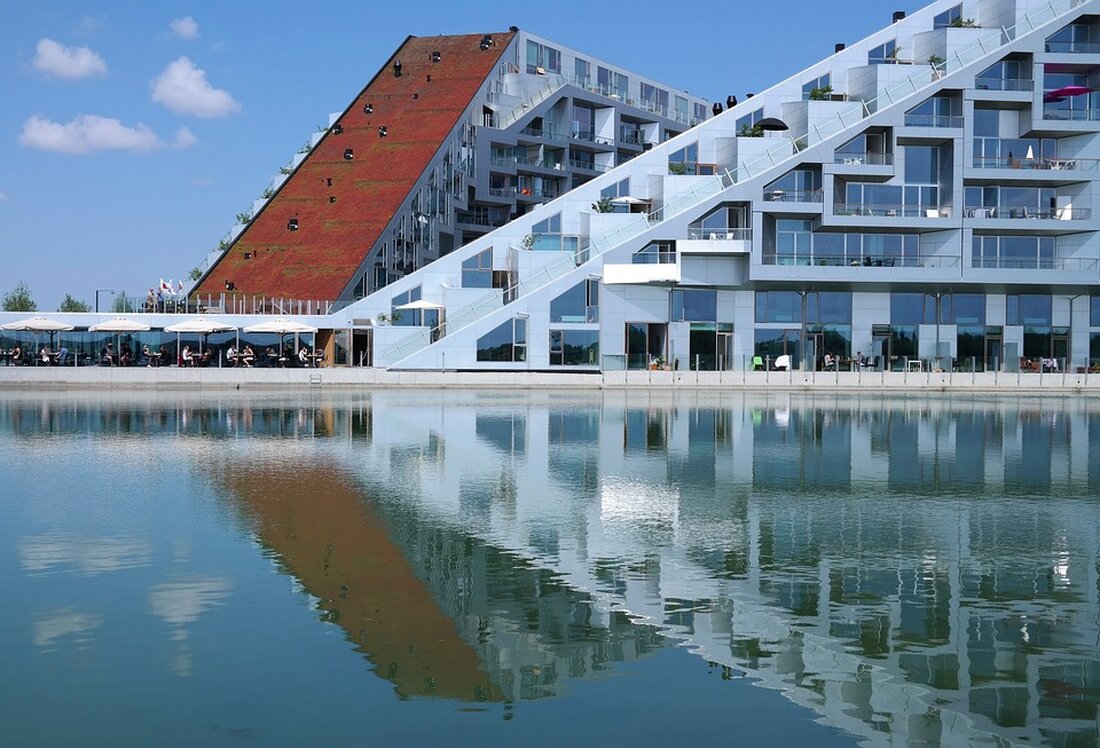Award -winning science communication: get enthusiastic about understandable research

Award -winning science communication: get enthusiastic about understandable research
A stage for understandable science / Klaus Tschira Foundation draws seven researchers with the plain language prize for science communication 2024 from
The Klaus Tschira Foundation has awarded seven outstanding researchers this year with the plain language award for science communication. The price was launched to find out how complex research topics can be explained in an understandable and accessible way. The award winners were honored for their ability to present their doctoral theses in articles and infographics that are both clearly and creative.
The plain text prize for science communication 2024 went to seven outstanding scientists who did his doctorate at various German universities. Dr. Anna-Lena Keller from Eberhard Karl's University of Tübingen was awarded for her work in biology. Dr. Daniel Baier from the Ruhr University Bochum received the prize in the chemistry category. In geosciences, Dr. Jonas Preine from the University of Hamburg. Dr. Daniel Hölle from the Carl of Ossietzky University Oldenburg received the prize in the category of neurosciences. In physics, Dr. Lisa-Marie Kern from the Technical University of Berlin and Dr. Christiane Klein from the University of Leipzig. The price for the best infographic went to Dr. Alexander Michels from the Technical University of Darmstadt and the Paul Ehrlich Institute.
The Klaus Tschira Foundation received 175 submissions from doctoral researchers this year who submitted articles in the categories of biology, chemistry, geosciences, computer science, mathematics, neurosciences and physics. The contributions go through a three -stage jury procedure, in which they are thoroughly examined by experts from the fields of media and research. In the categories of computer science and mathematics, however, no articles were considered worth price this year. The award-winning articles and infographics will be published in the next issue of the plain text magazine, which will be available free of charge on October 10, 2024 on the website of the plain text price.
The research topics of the award winners cover a wide range and range from researching blood cancer with the help of mini organs to the development of new techniques for film formation of magnetic vertebrae. The award winners were honored for their outstanding contributions to science communication, which enable the general public to better understand complex research topics.
In addition to recognition for their work, the award winners each receive a prize money of 7,500 euros. The award ceremony will take place on October 10, 2024 in Heidelberg. The award -winning articles and infographics will be available on the website of the Klaus Tschira Foundation from the same day. Photo and film portraits of the award winners can also be called up there.
The Klaus Tschira Foundation was founded in 1995 by the physicist and SAP co-founder Klaus Tschira. It has set itself the goal of promoting natural sciences, mathematics and computer science and contributing to the appreciation of these subjects. The foundation is committed to various levels, from early childhood education to research. In doing so, she is committed to the dialogue between science and society.
